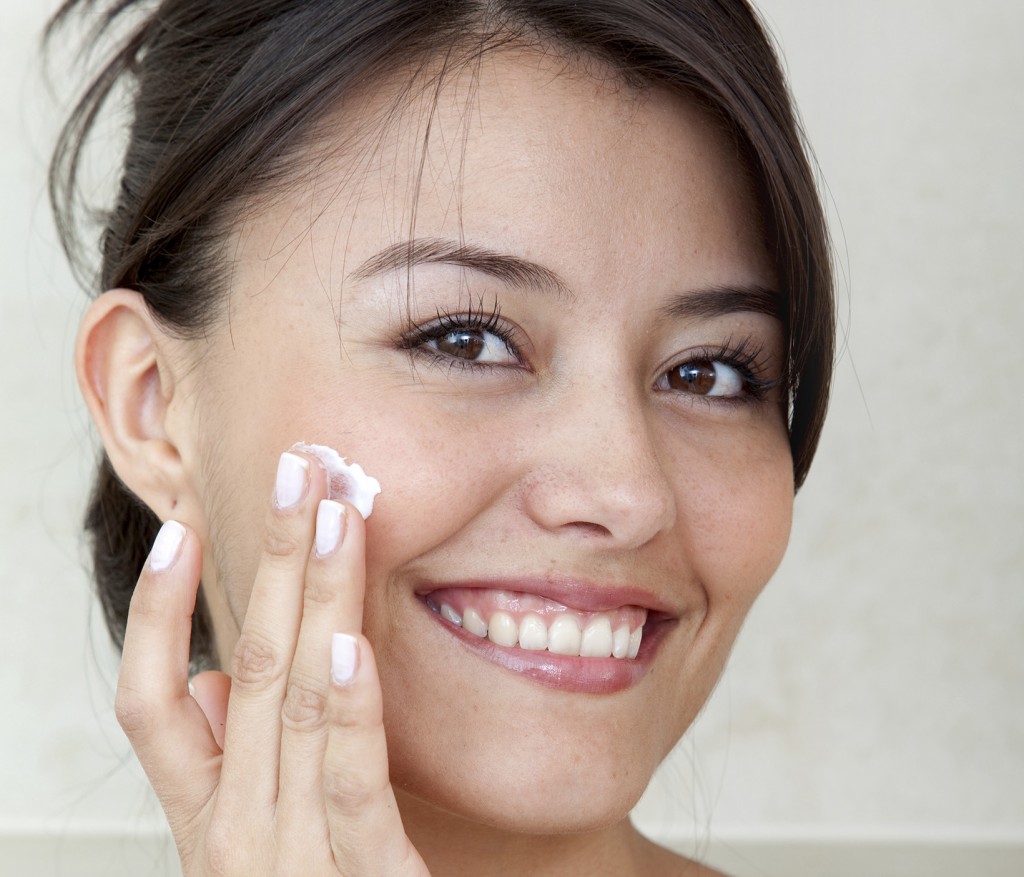Ever notice that anti-aging and acne-fighting skin care products frequently have something in common? Both list retinol as a key ingredient. Heck, a lot of them even work it into their name. But what is this miracle-working substance exactly? Shouldn’t you know more about what you’re putting on your skin? If you’ve never stopped to analyze what has practically become a household name, here’s five quick facts you should know about retinol:
It’s a form of Vitamin A
Retinol is actually an over the counter version of tretinoin, a prescription Vitamin A derivative. Vitamin A is a potent antioxidant that works to protect your skin from free radicals, generate cell growth and repair damaged cells. This in turn can prompt significant improvement in the health and beauty of your skin.
No friend of the sun
There’s a reason retinol-containing products usually come in pump bottles or feature tight fitting caps. It’s because Vitamin A derivatives, including retinol, break down rapidly when they’re exposed to sun and air. In other words, once-opened, these products don’t have much of a shelf life and should be used within a couple of months to be truly effective.
Night time is the best time
Since retinol is sun-adverse, it stands to reason that products containing retinol should only be used as night. Realize that retinol encourages skin cell turnover and new skin is delicate. It’s not exactly up to a day at the beach. Recent products including foundations, lipsticks, and even sunscreens that list retinol as one of their active ingredients are best avoided. These day-time use products are often touted as being “anti-aging” in conjunction with their other duties just because they contain retinol. That couldn’t be further from the truth. In fact, retinol in day-time products will have the opposite effect and actually make skin age faster because it’s more susceptible to the sun, no matter what amount of SPF protection is promised on the label.
No pain, no gain
When first starting a retinol regime, it’s normal to experience mild irritations like red, dry or flaky skin. In fact, it’s typical to feel a slight sting upon application – it’s a sign that you’re applying a strong enough dose to make a difference. Emphasis on slight though – painful burning or severe irritation isn’t healthy and means you’re using too much product, too high of concentration for your skin type or applying it too often.
Patience required
Results aren’t going to happen overnight. It takes weeks, maybe even months of faithful use to see the effects of retinol. Keep in mind though – in the war against aging, retinol has the ability to help cells repair themselves plus it stimulates collagen production so it fights new wrinkle formation and softens existing lines. On the acne-fighting front, it’s got the ability to control oil and help keep blemish-causing bacteria at bay. Don’t these benefits make it worth the wait?

